On October 11, speaking during a visit to Berlin (Germany) to request military support, Ukrainian President Volodymyr Zelensky expressed hope that the conflict with Russia will end next year.
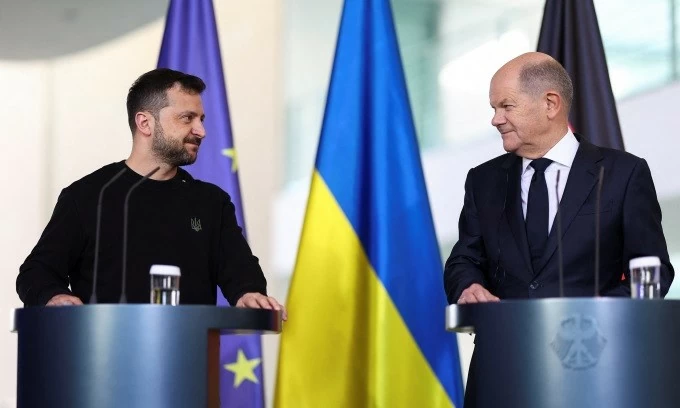 |
| Ukrainian President Volodymyr Zelensky (left) and German Chancellor Olaf Scholz at a press conference in Berlin, Germany, October 11. (Source: Reuters) |
As the conflict with Russia enters its third harsh winter, Mr. Zelensky sought support during a two-day whirlwind tour of several European capitals. Before Berlin, he visited London, Paris and Rome.
Meeting German Chancellor Olaf Scholz, Mr Zelensky, dressed in typical military fatigues, thanked Germany for its support and said that “it is very important for us that this support does not decrease next year”.
“Ukraine more than any other country in the world wants a fair and quick end to this war,” the leader said.
For his part, Mr. Scholz pledged that Germany and its European Union (EU) partners would deliver more defense equipment this year and provide Berlin with a 4 billion euro aid package to Kiev by 2025.
Chancellor Scholz added that he and the Ukrainian leader agreed on the need to hold a peace conference with Russia's participation, but insisted that peace "can only be achieved on the basis of international law".
Germany is the largest military aid provider to Ukraine after the United States. However, Chancellor Scholz has refused to send Kiev the German Taurus long-range missile system, fearing an escalation of tensions between NATO and nuclear-armed Russia.
Earlier, on October 10, Ukrainian President Volodymyr Zelensky discussed with European leaders, including the UK, France, Italy, and NATO Secretary General, a plan to end the conflict in the context of Kiev seeking military support from its allies.
The Ukrainian president met NATO Secretary General Mark Rutte and British Prime Minister Keir Starmer at Downing Street to discuss whether Kiev should be allowed to use Western missiles to strike military targets deep inside Russian territory.
Mr Rutte said the issue had been discussed but that the final decision rested with individual allies.
Prime Minister Starmer's spokesman insisted the country's position on the use of long-range Storm Shadow missiles remained unchanged.
In France, President Emmanuel Macron affirmed that he would support Ukraine in the conflict despite Paris' current political difficulties. He said France would stick to its commitments, including 3 billion euros ($3.28 billion) to support Ukraine this year.
In Italy, Prime Minister Giorgia Meloni announced that the country will hold a conference on the reconstruction of Ukraine in July 2025. Although he did not agree to allow Kiev to use cruise missiles to attack Russia, Prime Minister Meloni affirmed that "Ukraine is not alone and we will stand together when necessary."








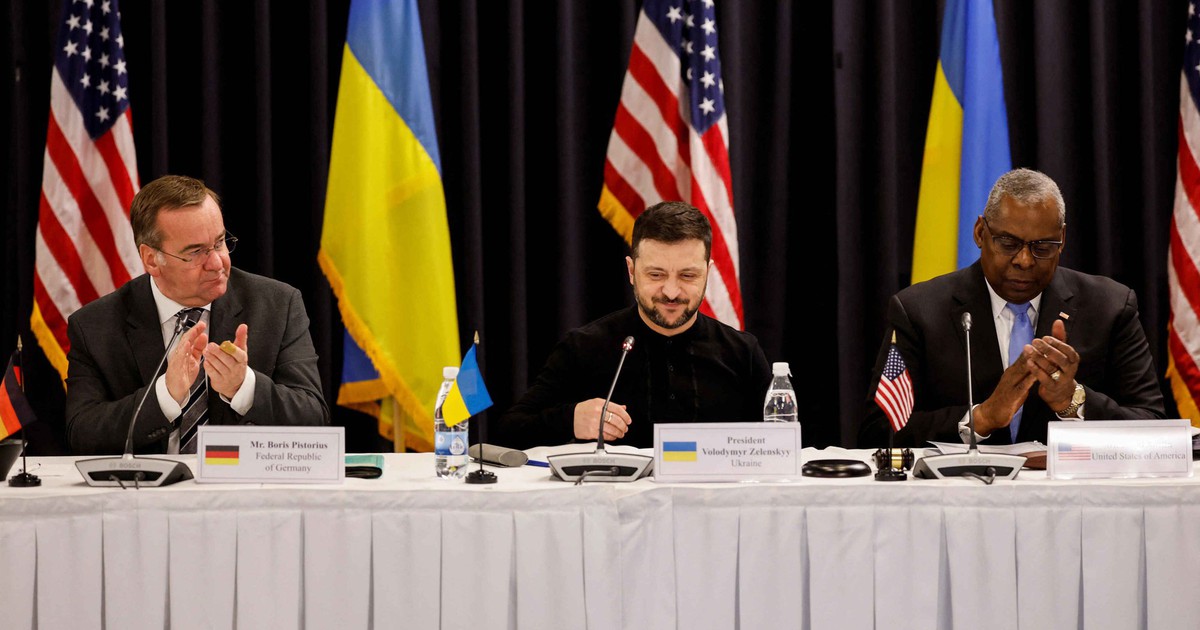

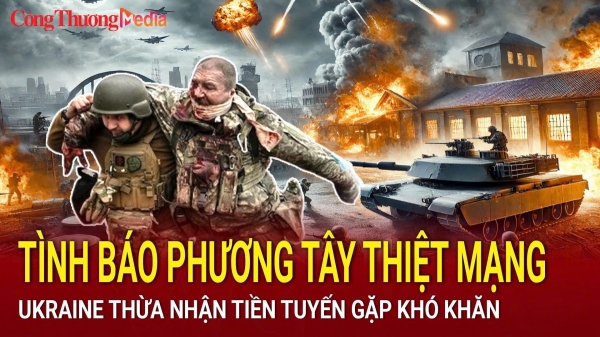

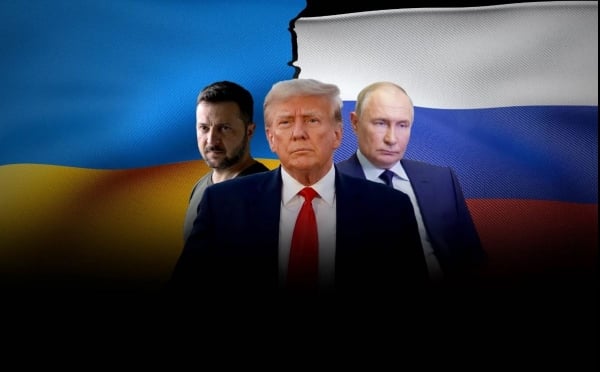

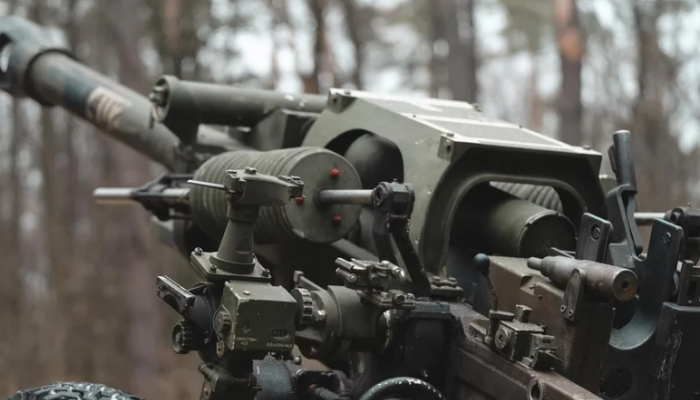



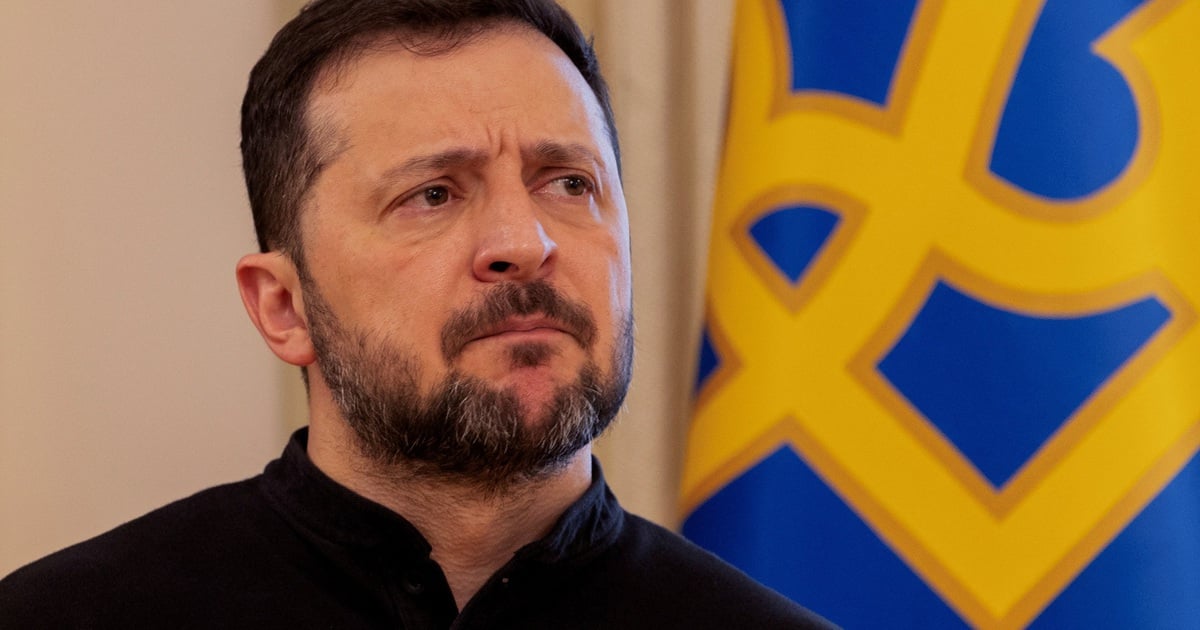








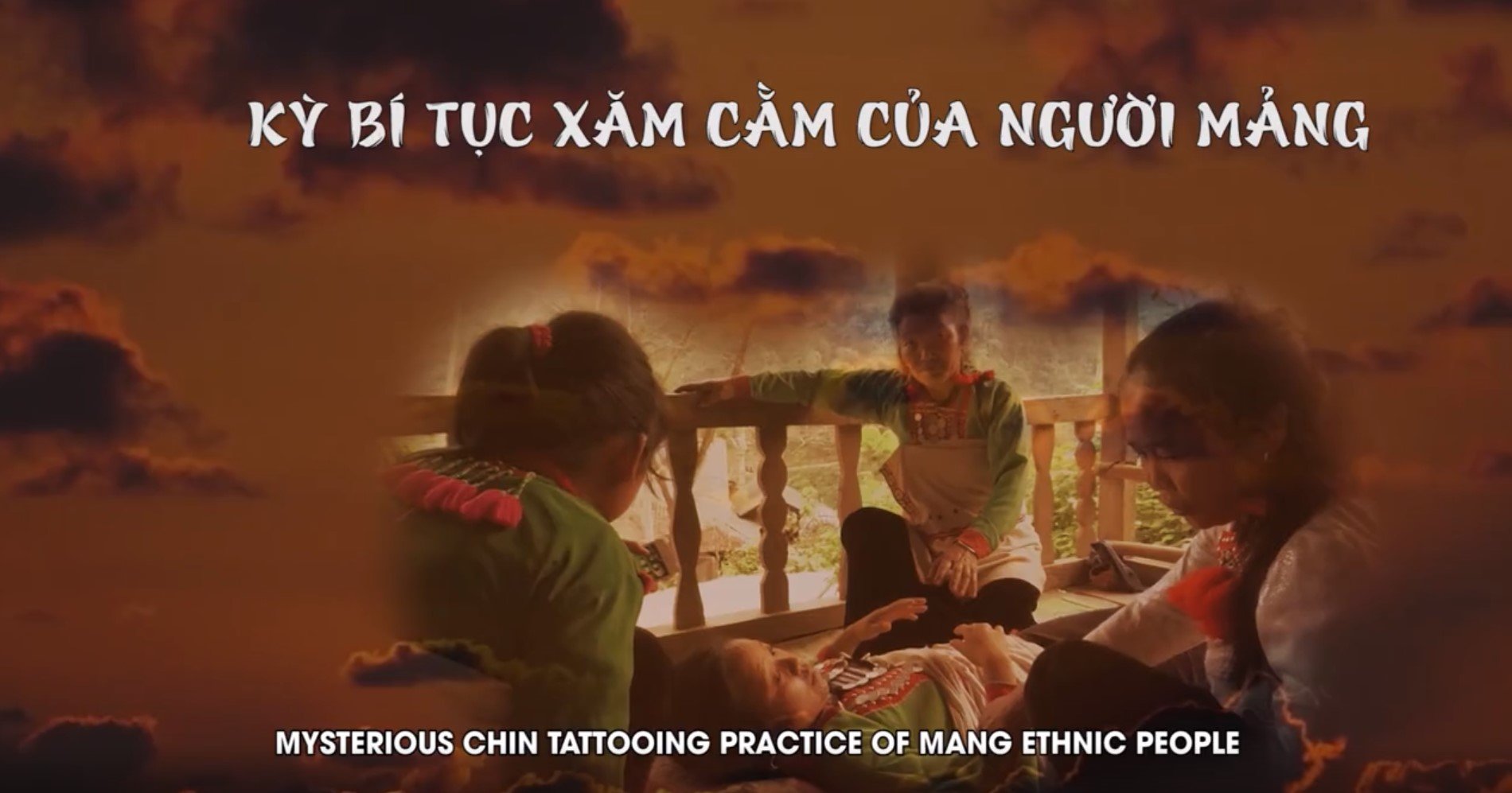


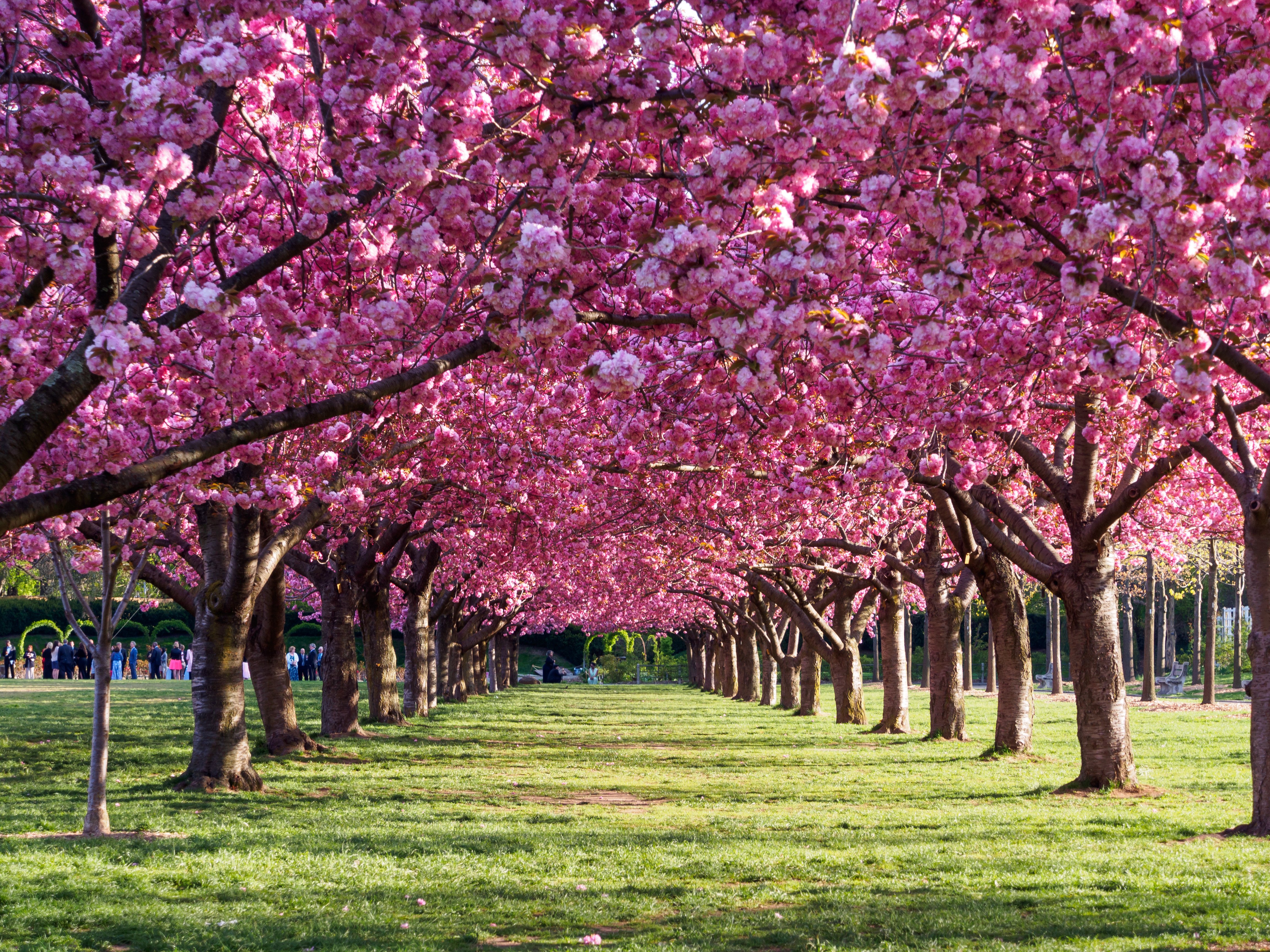
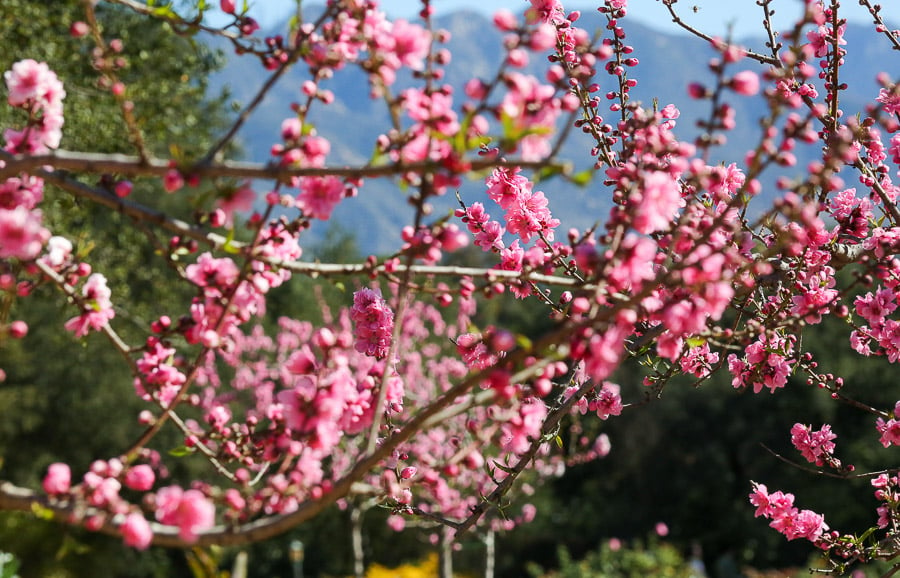








![[Photo] Prime Minister Pham Minh Chinh chairs Government Conference with localities on economic growth](https://vstatic.vietnam.vn/vietnam/resource/IMAGE/2025/2/21/f34583484f2643a2a2b72168a0d64baa)



















































Comment (0)